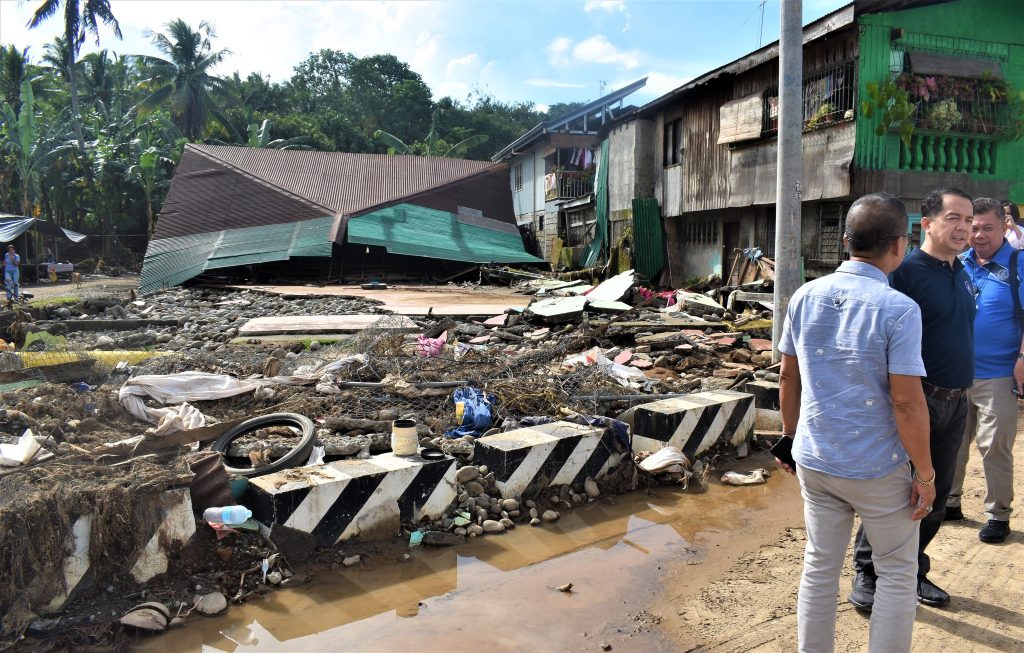National
National
19 Sep, 2025
The Indo-Pacific Chessboard and the First Mover's Advantage
Vicenta Abadilla
President Ferdinand Marcos Jr.'s upcoming meeting with U.S. President Donald Trump on July 22 is far more than a trade mission; it is a masterclass in strategic positioning on the Indo-Pacific chessboard. By securing the position as the first ASEAN leader to engage with the returned U.S. administration, President Marcos has seized a crucial "first-mover" advantage, allowing the Philippines to help shape the contours of America's renewed engagement with the region. This diplomatic maneuver is a clear signal to both allies and rivals that the Philippines, under the Bagong Pilipinas foreign policy, intends to be a proactive architect of regional stability, not a passive observer.
The agenda, while ostensibly led by the need to address the prohibitive 20% tariff on Philippine exports, skillfully intertwines economic imperatives with pressing security concerns. The trade talks serve as the economic bedrock for reinforcing the security alliance, particularly concerning maritime sovereignty in the West Philippine Sea. This linkage is a sophisticated diplomatic strategy: a robust economic partnership provides the resilience and resources necessary to uphold a strong defense posture. In the complex geopolitics of the Indo-Pacific, a nation must either firmly align with the democratic values of the West or risk being subsumed by the expansionist ambitions of regional hegemons. President Marcos, through this visit, has clearly chosen the path of sovereign strength and partnership.
This move also serves to reaffirm the Philippines’ commitment to its longest-standing ally. The enduring alliance between the Philippines and the United States, forged over decades of shared history and mutual respect, has always been the bedrock of regional stability.1 Reinvigorating this historic partnership is not just a policy choice; it is a reaffirmation of a time-tested bond that has consistently protected our national interests. By positioning the Philippines at the forefront of this renewed relationship, the President is leveraging historical ties to secure future prosperity and security, demonstrating a dependable and hardworking approach to protecting the nation's interests on the global stage.
Recommended For You
From Foundation to Framework: How 'Build Better More' Redefines Philippine Infrastructure Policy
Sep 19, 2025
Jacinta Olivarez
A Direct Lifeline in the Food Security Strategy
Sep 19, 2025
Jacinta Olivarez

DLSU Committee Calls for Accountability Amid Worsening Flood Crisis in the Philippines
Sep 19, 2025
Bonifacio Tumang
Manila’s Heartbeat, Shared in the Palace
Sep 19, 2025
Doroteo Sarmiento
